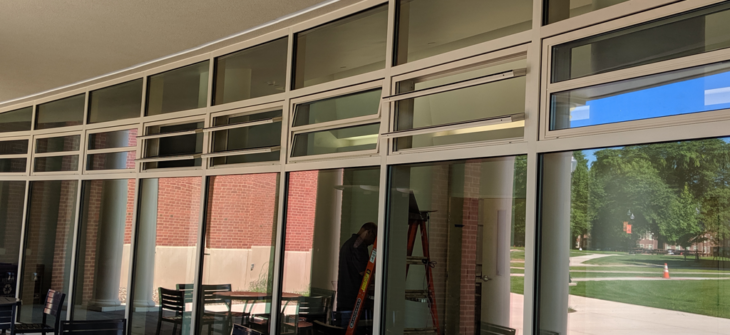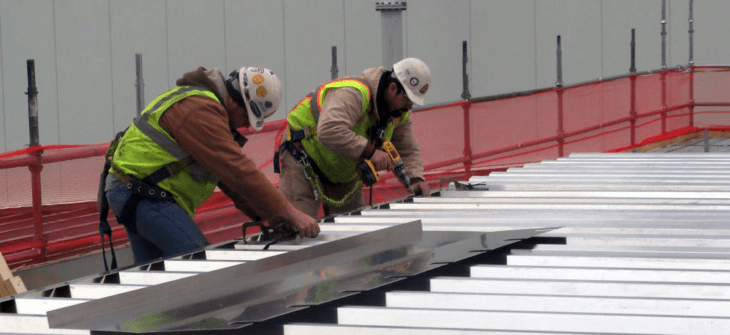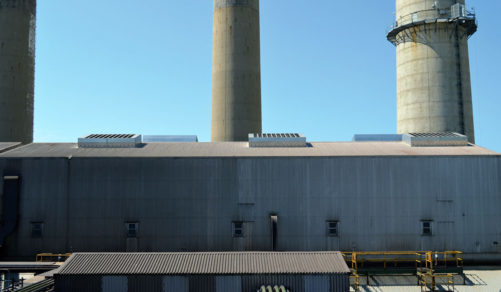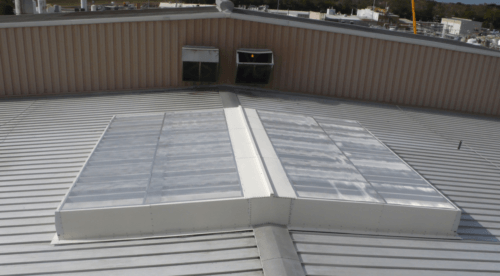Natural Ventilation
There are many advantages to using jalousie windows. That is why they continue to gain popularity in highly engineered commercial buildings. Their modern design offers a sleek, functional alternative when compared to the traditional fixed window. In addition to looking sleek and modern, jalousie window vents also offer a substantial number of advantages. Below, we’ll
Moffitt is the only contractor that specializes in natural ventilator install. This includes installation for the Moffittvent, MatrixVent, and more. Every factory, mill, and warehouse are different and as a result requires different ventilation. With over 55 years of experience, we’ve seen it all. Over this time, we’ve developed a variety of strategies for ventilation
If you add up the energy saved by all the buildings that have installed the MoffittVent™ since 1996 it would be the equivalent of over 7,363,884 gallons of gas. With that gas, you could drive for 173,787,673 miles! The same as 13,894 cars use in a single year. That massive amount of ventilation energy savings is
Natural ventilation is an old technology that has returned to the limelight because of the increased focus on green construction and green energy. So, what is natural gravity ventilation’s impact, and how does it work? Understanding Natural Ventilation Much as the name suggests, natural ventilation is a process by which a building is kept at
Gravity Ventilation Solutions (also known as natural ventilation solutions) requires no powered ventilators to achieve air movement. A typical system is comprised of two primary components; the roof ventilator, which is the outlet for the warm air being displaced inside the structure, and the wall mounted louvers, which all for intake air to enter the
A low-profile natural ventilator was a sound investment for Evonik Stockhausen. This specialty chemical plant purchased several ventilators for their building. Shortly after installation, the units faced three days of intense wind and rain from Hurricane Isaac. At the end of the storm however, no water entered the building, and the units were undamaged. Plant
Throughout history, buildings have utilized natural ventilation. With the increased push toward energy efficiency, however, the science behind natural ventilation has once again become immensely popular. Depending on the design of the building, the local climate, and the building’s purpose, natural ventilation can be an effective means of keeping the space at a comfortable temperature




